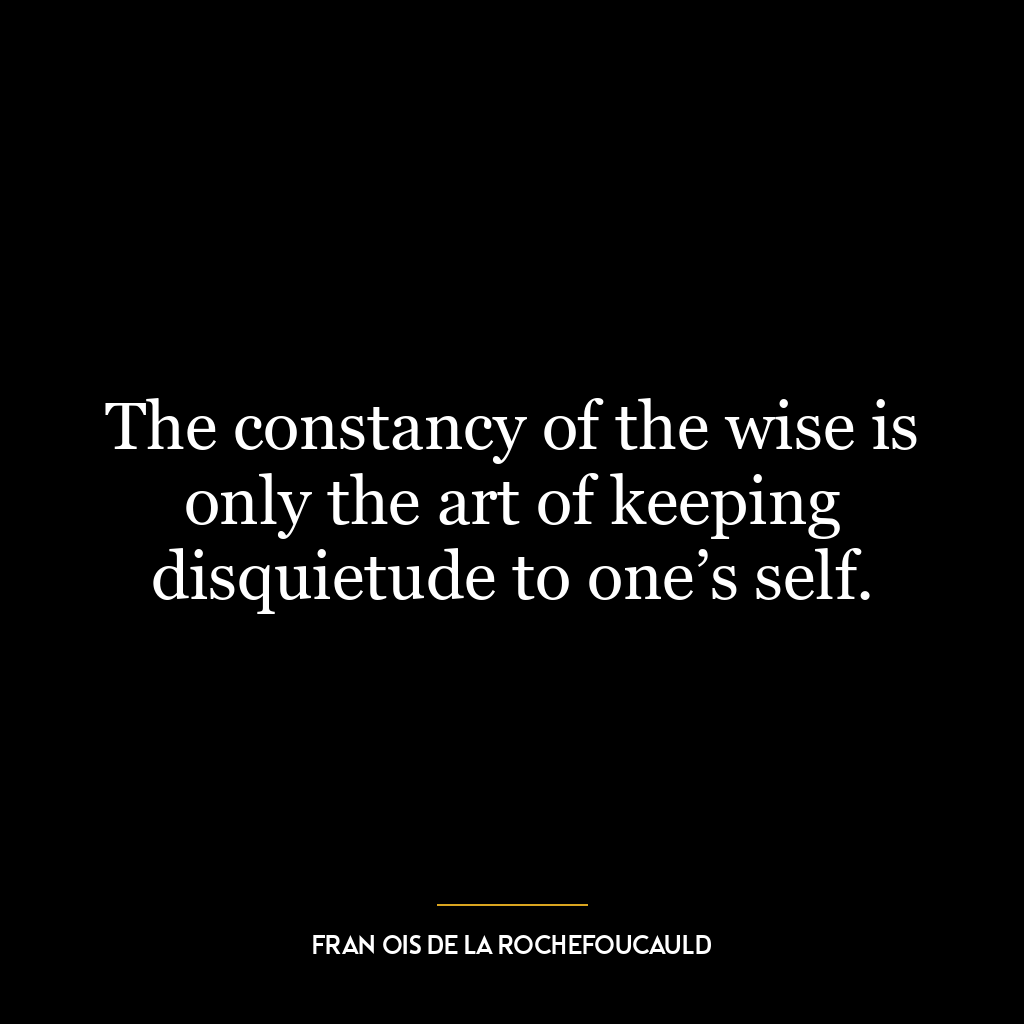This quote suggests that wisdom is born out of goodness, rather than the other way around. In other words, a person who is fundamentally good will naturally develop wisdom over time, while a wise person is not necessarily good. Wisdom here is perceived as an understanding of life and the world that goes beyond mere knowledge or intelligence. It involves a deep understanding of people, things, events or situations, resulting in the ability to choose or act to consistently produce the optimum results with a minimum of time and energy.
Goodness, on the other hand, is a moral quality. It involves kindness, generosity, and a consideration for others. It implies a selflessness that is prepared to act for the benefit of others, often at personal sacrifice. According to this quote, it is this inherent goodness that gives birth to true wisdom. Goodness cultivates empathy and understanding, which in turn fuels wisdom.
In today’s world, this quote could be interpreted as a call for ethical behavior and moral responsibility. In a society often driven by the pursuit of knowledge and intelligence, the quote reminds us that these qualities alone do not constitute wisdom. In fact, without a foundation of fundamental goodness, they may be meaningless or even dangerous.
In terms of personal development, this quote suggests that we should focus on nurturing our inherent goodness. Instead of striving to acquire wisdom through knowledge or experience alone, we should aim to cultivate kindness, empathy, and selflessness. Wisdom, according to this perspective, will follow naturally. This may involve acts of charity, volunteering, or simply being more considerate in our daily interactions with others. In this way, we can become wiser and contribute to a better world at the same time.















